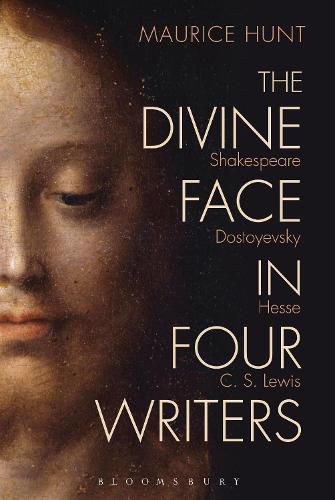Readings Newsletter
Become a Readings Member to make your shopping experience even easier.
Sign in or sign up for free!
You’re not far away from qualifying for FREE standard shipping within Australia
You’ve qualified for FREE standard shipping within Australia
The cart is loading…






An important contribution to studies in literature and religion, The Divine Face in Four Writers traces the influence of Christian and Classical prototypes in ideas and depictions of the divine face, and the centrality of facial expressions in characterization, in the works of William Shakespeare, Fyodor Dostoyevsky, Hermann Hesse, and C.S. Lewis.
Maurice Hunt explores both the human yearning to see the divine face from post-Apostolic time to the 20th century, as reflected in religion, myth, and literature by writers such as Augustine, Shakespeare, Hardy and Dostoyevsky, as well as the significance of the hidden divine face in writings by Spenser, Milton, Hesse, and Lewis. A final coda briefly detailing Emmanuel Levinas’s system of ethics, based on the human face and its encounters with other faces, allows Hunt to focus on specific moments in the writings of the four major writers discussed that have particular ethical value.
$9.00 standard shipping within Australia
FREE standard shipping within Australia for orders over $100.00
Express & International shipping calculated at checkout
An important contribution to studies in literature and religion, The Divine Face in Four Writers traces the influence of Christian and Classical prototypes in ideas and depictions of the divine face, and the centrality of facial expressions in characterization, in the works of William Shakespeare, Fyodor Dostoyevsky, Hermann Hesse, and C.S. Lewis.
Maurice Hunt explores both the human yearning to see the divine face from post-Apostolic time to the 20th century, as reflected in religion, myth, and literature by writers such as Augustine, Shakespeare, Hardy and Dostoyevsky, as well as the significance of the hidden divine face in writings by Spenser, Milton, Hesse, and Lewis. A final coda briefly detailing Emmanuel Levinas’s system of ethics, based on the human face and its encounters with other faces, allows Hunt to focus on specific moments in the writings of the four major writers discussed that have particular ethical value.